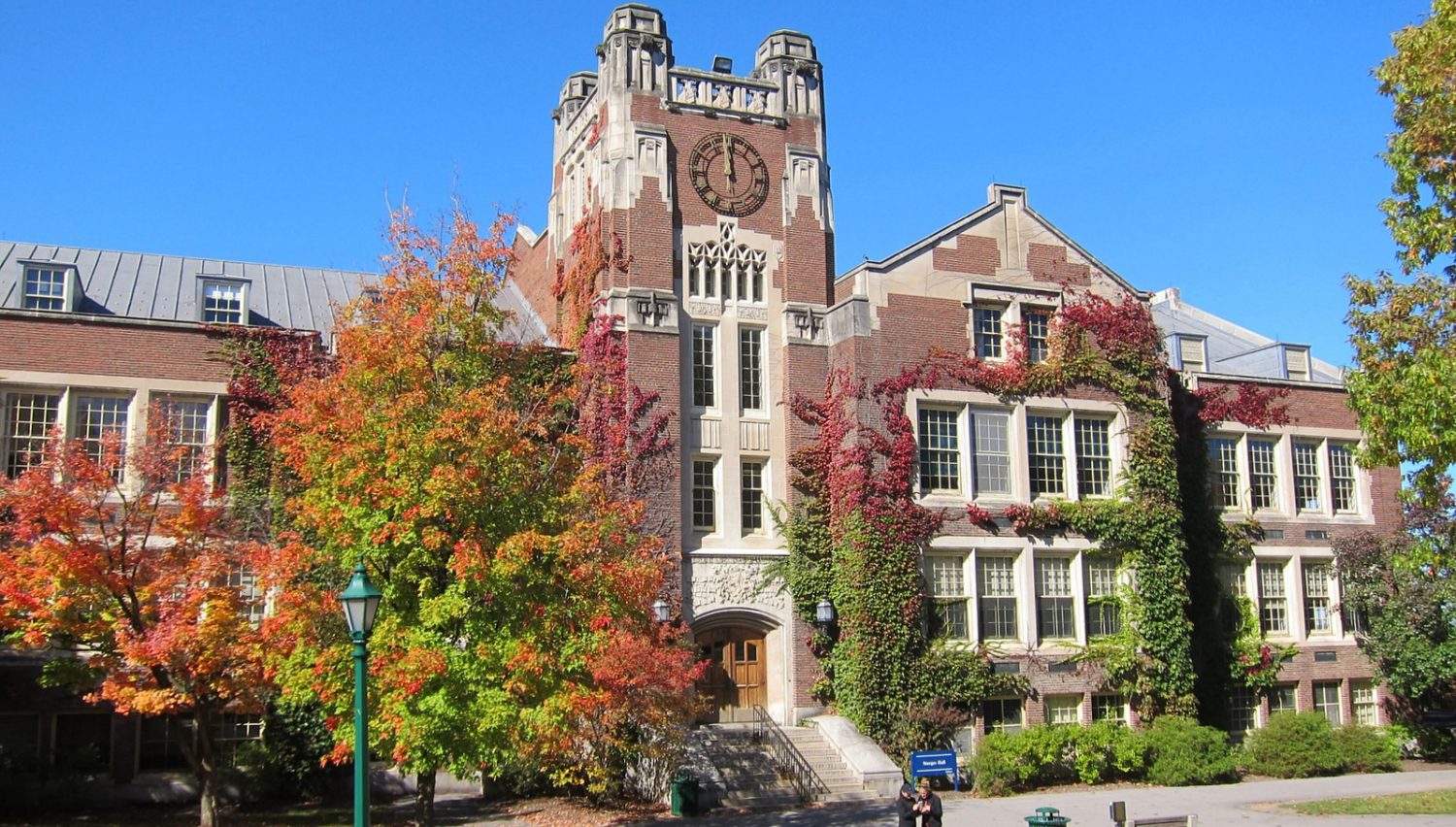Research into Sherman’s March to the Sea and the role of African Americans led me to a better understanding of why historical analysis is an important skill. Throughout the research process, I was taking all these primary source accounts of the Civil War at face value and was temporarily lost in a Lost Cause way of looking at this period in history. I was trying to be impartial but overcompensated. From deeper research I realized that these primary sources conflict with other indisputable facts.
For instance, white southern women during Sherman’s March reported that black Union soldiers harassed them. At first, I did not question this. Then through further investigation, I realized that black soldiers were not even in Sherman’s army during the March. I did not know what to make of this story considering this revelation. I did not want to dismiss a primary source. After all, it was someone’s voice, someone’s personal experience. Ultimately, I discovered that these accounts were written well after the war had concluded. Some of these women were recalling events from when they were nine years old. This hit me as significant especially in a political environment when the term “fake news” is used to label news that anyone disagrees with.

From all the stories and accounts I investigated in Sherman’s March, I just kept thinking that the different viewpoints that were espoused at this time were significantly emblematic of the viewpoints we have toward each other today in America. Many in the South still fly the Confederate flag and claim it as a point of pride in terms of state’s rights. However, they have their blinders on because that flag was flown in defense of slavery and was flown as Confederates massacred dozens of African Americans at Ebenezer Creek just before Sherman’s army entered Savannah.
In my senior seminar paper, I argued that we need to investigate the African American experiences during Sherman’s March to really understand the war and how it became rooted in our historical memory. The Union wanted to help African Americans, but they provided insufficient resources and did not have much of a plan except to put an end to American slavery. I think this is symbolic because we are still trying to unite a heavily divided nation. The impact of Sherman’s March significantly contributed to this deep division. Some white southerners still speak of Sherman with hatred. The harshness of Sherman’s March is what left the raw and bitter memories that have been most memorable about the Civil War.

What is the significance of this topic? The problems we have in this country today are not new. The Civil War echoes the problems America’s Founders had in the creation of our Constitution. They are the same problems that Americans have been having every year for a couple of centuries. We still have some of the same racism and the same problems in this country. We are still fighting over the best ways to govern and the powers that the government should or should not have. We are still struggling for promises of equality and freedom that this country first invoked in people with the call for a Declaration of Independence.

